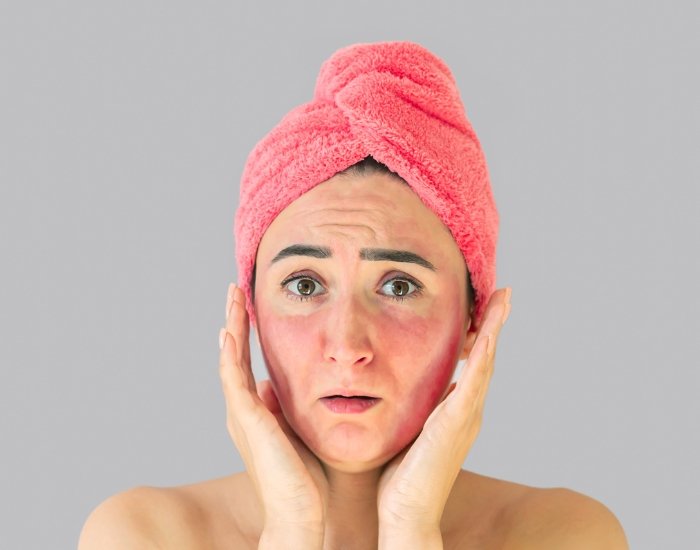A persistent runny nose after spending time outdoors can be more than just an inconvenience—it might be your body’s reaction to environmental factors or an underlying condition. While this symptom is often linked to seasonal allergies, understanding its causes and learning how to manage it can help you find relief and improve your overall quality of life.
What Causes a Persistent Runny Nose?
A runny nose after being outside is often triggered by environmental allergens such as pollen, dust, or mold. When these tiny particles are inhaled, your immune system reacts by releasing histamines, causing nasal congestion, sneezing, and excess mucus production. This condition, known as allergic rhinitis or hay fever, is especially common during the spring and fall seasons when pollen counts are high.
Cold or dry weather can also irritate the nasal passages, leading to a runny nose. In some cases, this symptom may indicate a condition called non-allergic rhinitis, where triggers like smoke, strong odors, or temperature changes cause similar nasal symptoms without an allergic reaction.
Recognizing the Symptoms
A persistent runny nose often occurs alongside other symptoms, including:
- Sneezing and nasal congestion
- Itchy eyes, throat, or nose
- Postnasal drip, leading to throat irritation
- Watery eyes or mild facial discomfort
These symptoms can vary in intensity depending on the underlying cause. If they persist for weeks or worsen over time, seeking medical evaluation is essential.
Managing a Runny Nose After Being Outside
Relieving a persistent runny nose starts with identifying and avoiding triggers. For those sensitive to pollen, monitoring daily pollen counts and staying indoors during peak times can help reduce exposure. Wearing a mask while outdoors may also minimize contact with airborne allergens.
Using a saline nasal spray or rinse can help flush out irritants from your nasal passages, providing quick relief. Over-the-counter antihistamines or decongestants may also alleviate symptoms, though these should only be used as directed.
Lifestyle Adjustments for Long-Term Relief
Small changes in your routine can make a big difference in managing symptoms:
- Wash up after outdoor activities. Rinse your face, hands, and hair to remove allergens before they can worsen symptoms.
- Use an air purifier. This can help reduce indoor allergens like dust and mold, creating a healthier living environment.
- Keep windows closed. During high-pollen seasons, use air conditioning instead of open windows to keep allergens outside.
Staying hydrated and maintaining a balanced diet rich in anti-inflammatory foods, such as leafy greens, berries, and nuts, can also support your immune system and reduce inflammation.
When to See a Doctor
While most cases of a runny nose are mild and manageable, persistent symptoms that disrupt daily life should not be ignored. If your runny nose is accompanied by facial pain, fever, or thick, discolored mucus, it could indicate a sinus infection or another underlying condition that requires medical attention.
A physician can perform allergy testing to identify specific triggers and recommend tailored treatments, such as prescription antihistamines, nasal sprays, or immunotherapy (allergy shots).
Final Thoughts
A persistent runny nose after being outside can be frustrating, but with the right strategies, relief is within reach. By identifying triggers, making lifestyle adjustments, and seeking professional advice, you can manage your symptoms and enjoy time outdoors without discomfort.
At Lifecare Primary Medical Clinic, our expert physicians are here to help you address allergy-related concerns and achieve lasting relief. Schedule an appointment today for a personalized evaluation and treatment plan tailored to your needs. Let us help you breathe easier and live more comfortably.
Disclaimer:
The information provided in this blog is for educational purposes only and is not intended as medical advice. It should not be used to diagnose or treat any health condition. Always consult with a qualified healthcare professional for accurate diagnosis and treatment of any symptoms or medical concerns.




